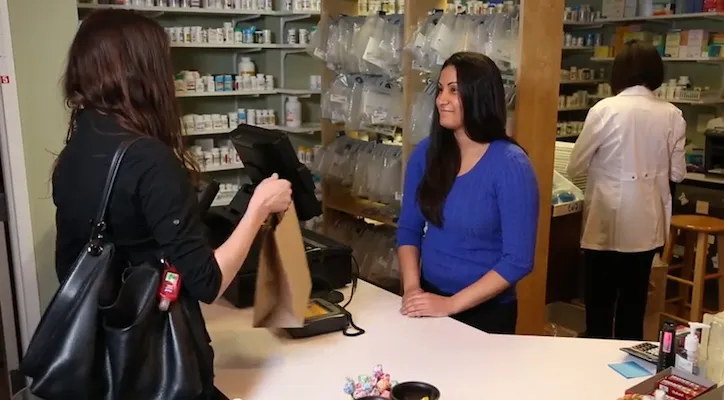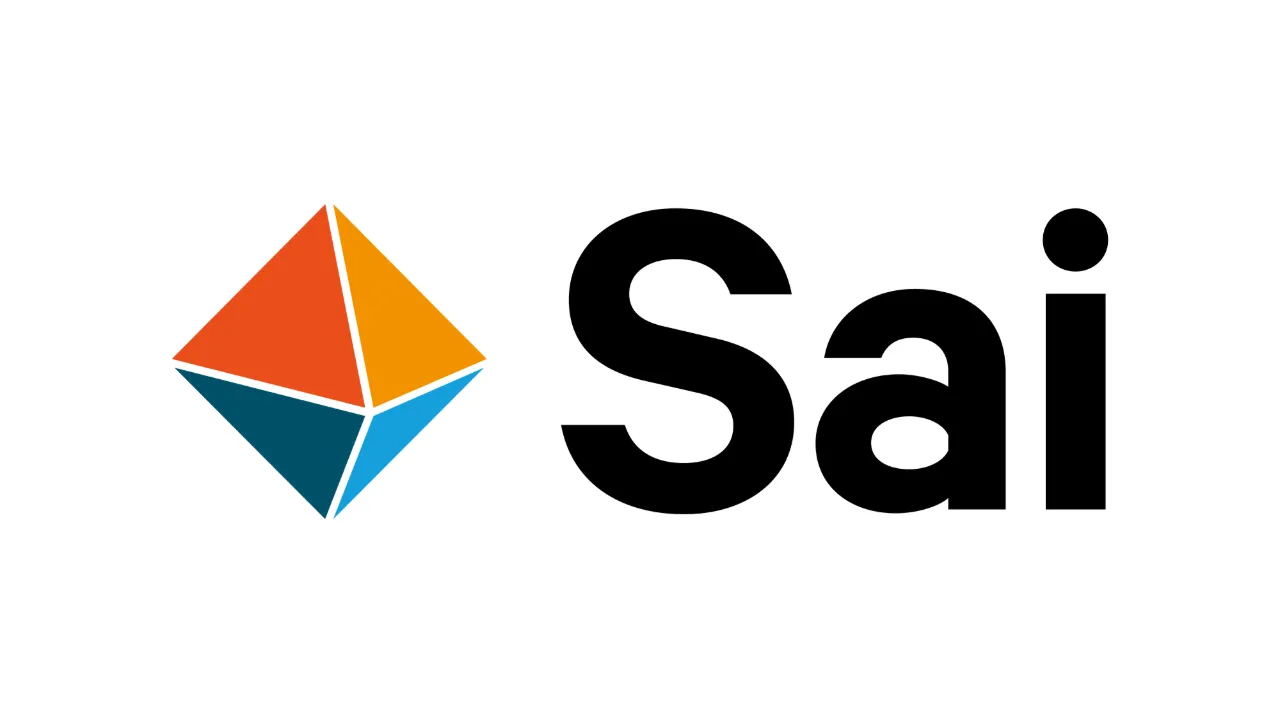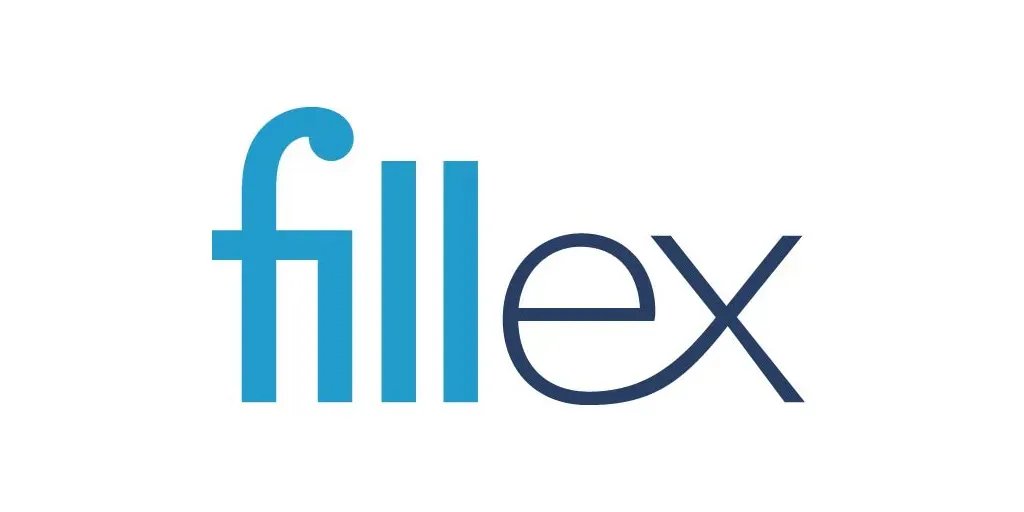ALEXANDRIA, Va. — The National Community Pharmacists Association (NCPA) has launched “Implementing Med Sync,” a six-part video training series for community pharmacies that want to set up an appointment-based medication synchronization program in their stores.
NCPA said Wednesday that the five-minute videos long and cover topics such as getting organized, identifying and enrolling patients in a program, and steps to take prior to and the day of patient pickup. All six training videos can be accessed on NCPA’s YouTube channel.
“As trusted medication experts, community pharmacists play an integral role in helping patients stay healthy, and that starts with making sure patients take their medications as prescribed,” NCPA chief executive officer B. Douglas Hoey said in a statement. “Medication synchronization programs are effective at improving adherence among patients.”
Hoey noted that a 2014 NCPA study found that 83% of patients enrolled in a medication synchronization program call it very or extremely helpful in managing their refills.
“As part of NCPA’s continuous efforts to equip community pharmacies with the resources they need to create successful niches in their stores and better serve patients, we’re pleased to offer this new med sync video training series for pharmacy staff and hope it inspires even more pharmacies to offer this unique service for patients,” he added.
The video series is a new feature of the Simplify My Meds program, NCPA’s free turnkey medication synchronization program for members. More than 2,300 community pharmacies offer Simplify My Meds and synchronize medications for about 90,000 patients nationwide, aligning patients’ medications to be refilled on the same day to foster improved medication adherence and, in turn, better health outcomes.
According to the 2014 NCPA Digest sponsored by Cardinal Health, 67 percent of independent community pharmacies are offering patients some type of medication adherence program, whether it is through Simplify My Meds® or another platform. These pharmacists are counseling patients, sending text reminders, calling patients, and providing other tools to improve medication adherence among their patients.









